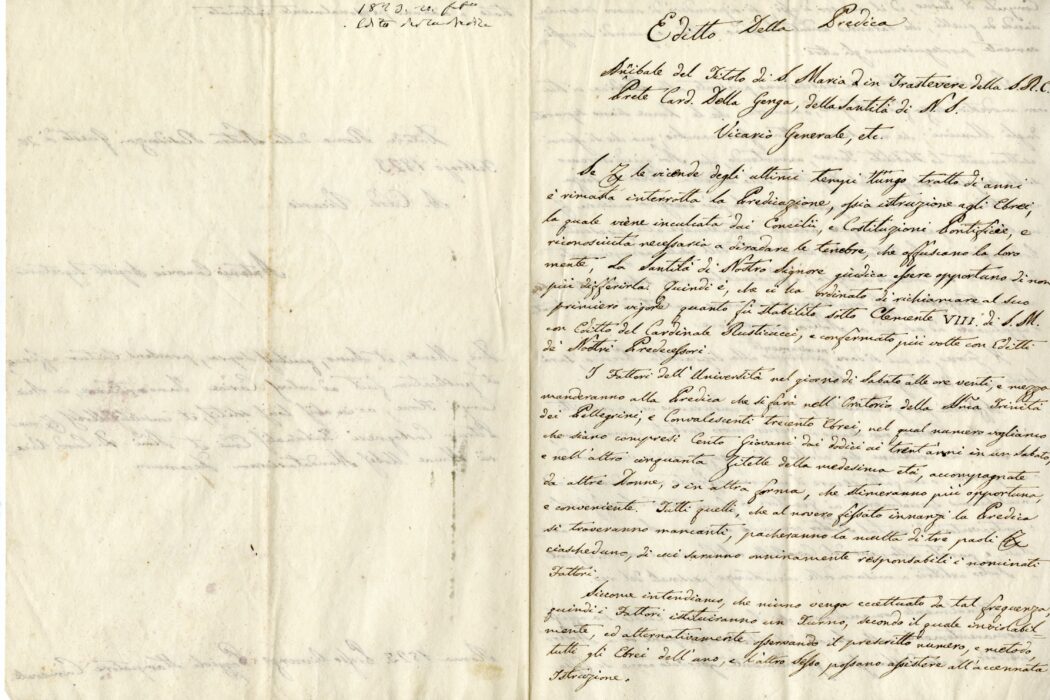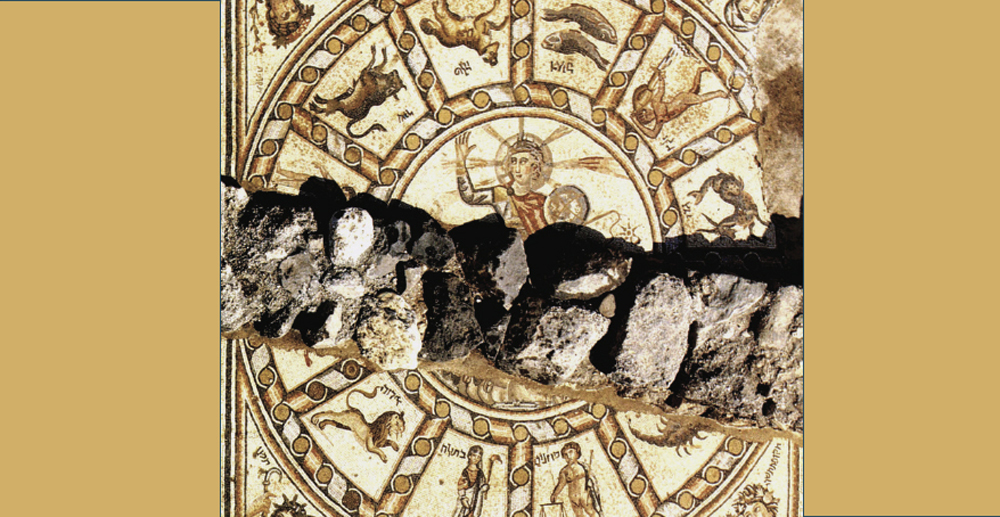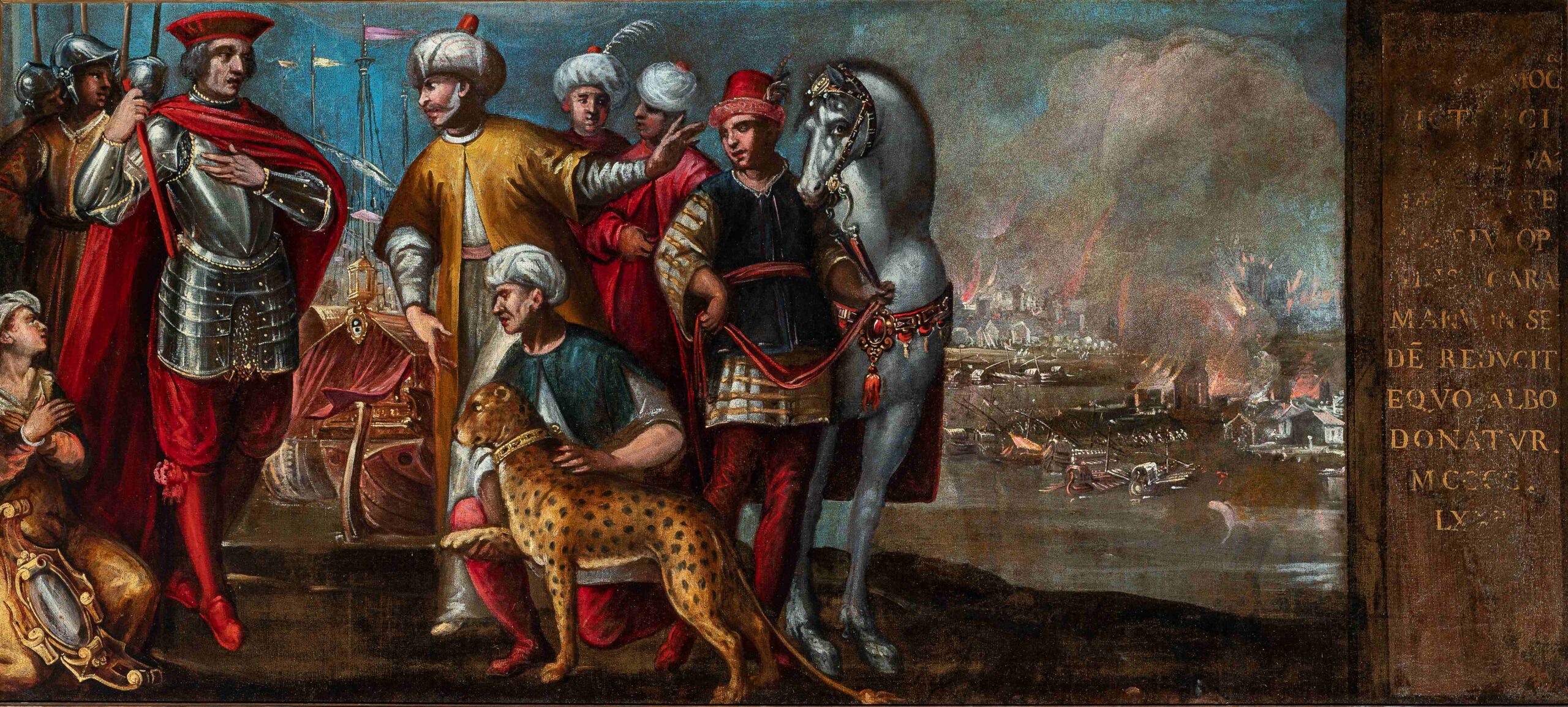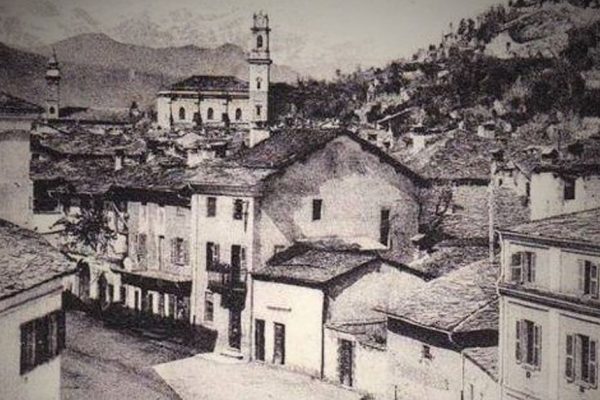Marina Caffiero, Forced Baptisms: Histories of Jews, Christians, and Converts in Papal Rome, University of California Press, 2011

This book makes use of newly available archival sources to reexamine the Roman Catholic Church’s policy, from the sixteenth to nineteenth centuries, of coercing the Jews of Rome into converting to Christianity. Marina Caffiero, one of the first historians permitted access to important archives, sets individual stories of denunciation, betrayal, pleading, and conflict into historical context to highlight the Church’s actions and the Jewish response. Caffiero documents the regularity with which Jews were abducted from the Roman ghetto and pressured to accept baptism. She analyzes why some Jewish men, interested in gaining a business advantage, were more inclined to accept conversion than the women. The book exposes the complexity of relations between the papacy and the Jews, revealing the Church not as a monolithic entity, but as a network of competing institutions, and affirming the Roman Jews as active agents of resistance.









